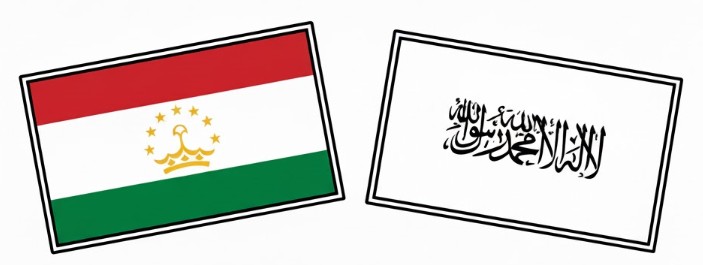
US MQ-9 Reaper drone (file photo)
Afghanistan International: In an interview with Iran’s state broadcaster IRIB, Mujahid repeated the Taliban’s call for the flights to end, saying they must be stopped “as soon as possible” and describing them as a breach of Afghanistan’s airspace. He said Taliban authorities had raised their objections in the limited meetings available to them. Mujahid did not specify which neighbouring country’s airspace the drones reportedly cross before entering Afghanistan, though he has previously accused Pakistan of providing access to US aircraft. Click here to read more (external link).
Related


 8am: Marshal Abdul Rashid Dostum, former First Vice President, reacted to the removal of the Uzbek language from the Jawzjan University plaque, stating that this act has further revealed the discriminatory nature of the Taliban. According to him, such measures are an insult to the identity and culture of the country’s Turkic communities and inflict a fresh wound on the unity of the people of Afghanistan.
8am: Marshal Abdul Rashid Dostum, former First Vice President, reacted to the removal of the Uzbek language from the Jawzjan University plaque, stating that this act has further revealed the discriminatory nature of the Taliban. According to him, such measures are an insult to the identity and culture of the country’s Turkic communities and inflict a fresh wound on the unity of the people of Afghanistan.  By
By  Amu: As temperatures begin to drop, survivors of the August earthquake in eastern Afghanistan say they have yet to receive critical aid and continue to live in precarious conditions, raising fears of further suffering during the winter months. Despite repeated appeals, residents say that neither the Taliban authorities nor humanitarian organizations have provided the necessary support to rebuild homes or offer employment.
Amu: As temperatures begin to drop, survivors of the August earthquake in eastern Afghanistan say they have yet to receive critical aid and continue to live in precarious conditions, raising fears of further suffering during the winter months. Despite repeated appeals, residents say that neither the Taliban authorities nor humanitarian organizations have provided the necessary support to rebuild homes or offer employment.  Afghanistan International: Pakistan’s Interior Minister Mohsin Naqvi said both the suicide attacks in South Waziristan and Islamabad had been carried out by Afghan nationals. Naqvi said on Thursday that it had been confirmed the attackers had come from Afghanistan and had carried out the assaults. He had earlier said the militants involved in the attack on the Wana Military College had been in contact with their organisers in Afghanistan.
Afghanistan International: Pakistan’s Interior Minister Mohsin Naqvi said both the suicide attacks in South Waziristan and Islamabad had been carried out by Afghan nationals. Naqvi said on Thursday that it had been confirmed the attackers had come from Afghanistan and had carried out the assaults. He had earlier said the militants involved in the attack on the Wana Military College had been in contact with their organisers in Afghanistan. 